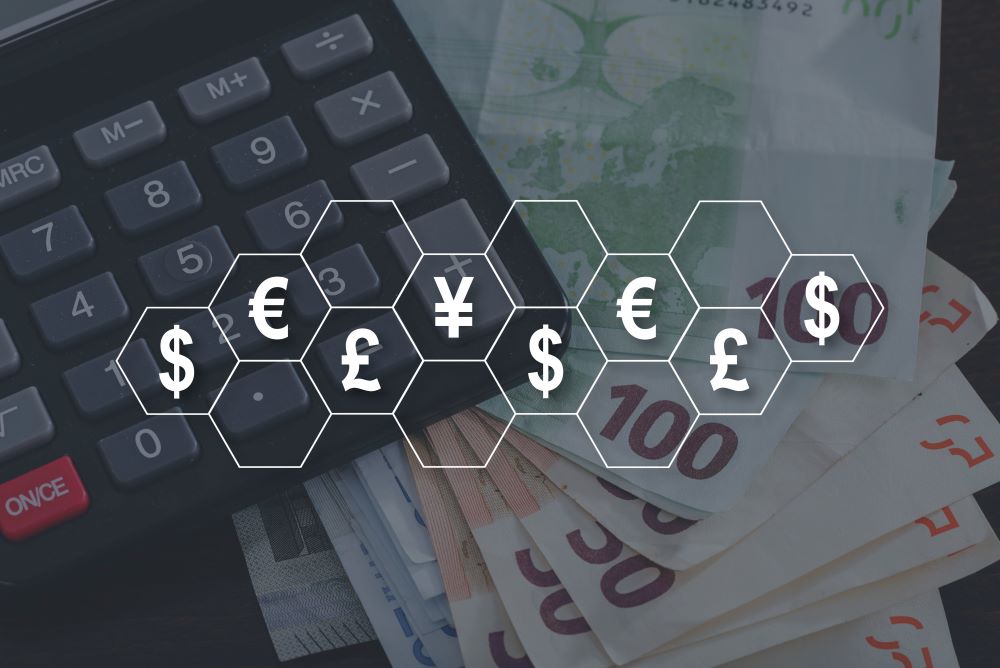
The UK’s economy has recovered in the month of August, according to a monthly analysis from the Office for National Statistics (ONS).
The ONS figures, released today (12 October), reveal that while manufacturing activity has fallen, expansion of services means the UK economy has grown last month.
Revising down
A poll of economists by Reuters had predicted a 0.2% expansion of the economy.
It follows a sharp downturn in GDP in July attributed to train strikes and poor weather — that decrease has also been revised this month, from 0.5% to 0.6%.
The services industry grew by 0.4% in August, while manufacturing contracted by 0.8% and construction by 0.5%.
Manufacturing declined across 9 of its 13 sub-sectors, the report notes, while the largest growth industry was transport equipment manufacturing. This grew by 1.1% in August.
Reuters reports that British Chambers of Commerce head of research, David Bharier, said:
“The UK economy is holding up but remains in a precarious state.
“Our research is clear about the issues UK firms are facing - three years of economic shocks, high inflation and interest rates, skills shortages, and trade barriers with the EU.”
Services simmer
Considering the three months leading up to August together, the ONS reports that GDP grew by 0.3%. Services managed 0.1% growth over this period.
The growth in services is owed to strong performances for professional, scientific and technical activities as well as education, the monthly report explains.
The largest growth industry in services was in architectural, technical testing and engineering activities, at a rate of 4.7%. Legal activities saw a boost of 2.3%.
Art slumps
The “largest downward contribution” was from the arts and sports industries, which bucked the trend of other industries by going into a dip following 6.8% growth in July. It fell by 7.4%, but the three-month analysis up to August shows an overall rate of growth of 2.7%.
While services rose overall, the organisation notes, customer-facing services in fact declined by 0.6%, having already dipped by 0.2% in July.
A British Retail Consortium survey suggested earlier this week that British consumer spending was held back over last month by rises in the cost of fuel, compounding existing cost of living pressures.
The chancellor’s perspective
Chancellor Jeremy Hunt Said:
"The UK has grown faster than France and Germany since the pandemic, and today's data shows the economy is more resilient than expected.
“While this is a good sign, we still need to tackle inflation so we can unlock sustainable growth."
Labour shadow chancellor Rachel Reeves said:
“Under the Conservatives, Britain’s economy remains trapped in a low growth, high tax cycle that is leaving working people worse off.
“Labour will get our country building again so we can boost growth, make working people better off and get Britain’s future back.”



